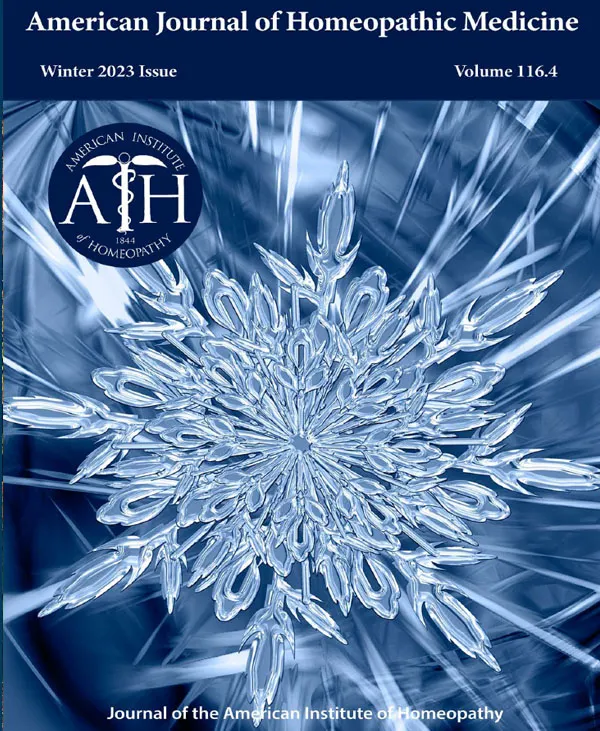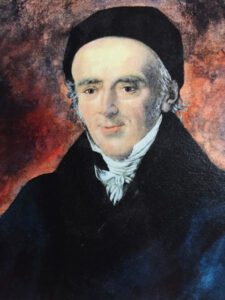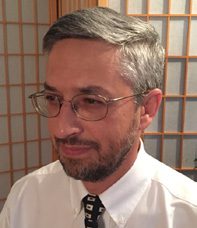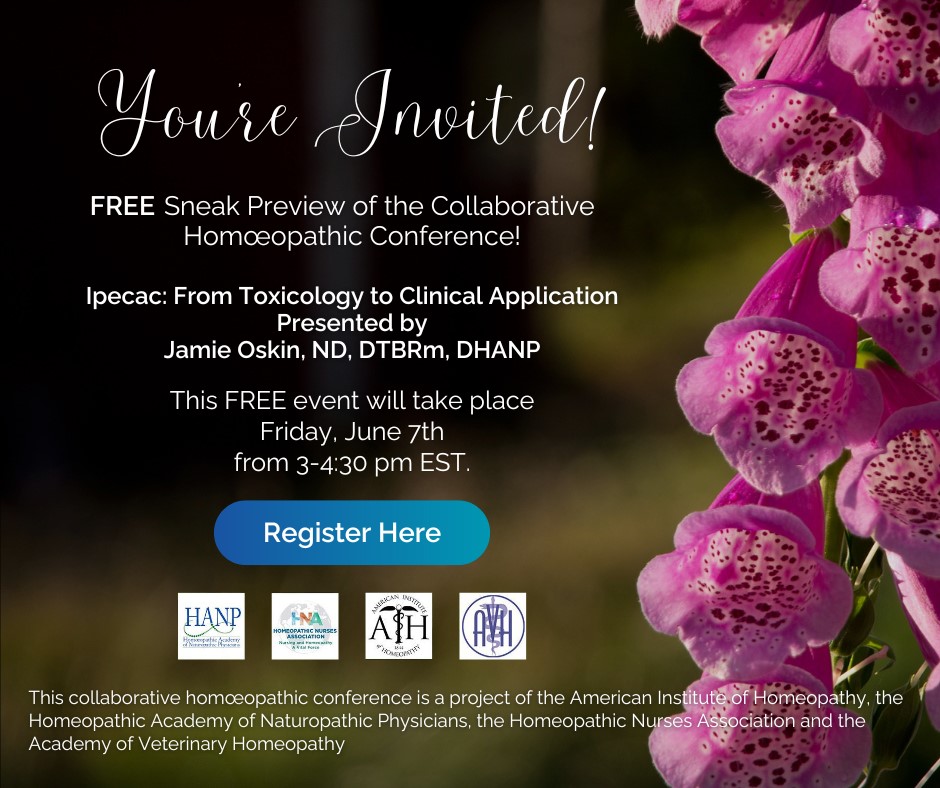
Toward the Pursuit of Truth
 There is no curable disease or morbific alteration hidden in the interior of the body which does not announce itself to the conscientiously observant physician through objective and subjective symptoms. This is what the omniscient Preserver of human life has provided in his infinite goodness. 1
There is no curable disease or morbific alteration hidden in the interior of the body which does not announce itself to the conscientiously observant physician through objective and subjective symptoms. This is what the omniscient Preserver of human life has provided in his infinite goodness. 1
Dear Reader,
Greetings for the coming winter season of contemplation!
You may call it serendipity, but one week before the publishing of the last issue, I had a case of a brown recluse spider bite in a 60-old-lady whose house was crawling with them since she had a water leak. I didn’t have anything lower than an Echinacea angustifolia 50M, so I gave her two doses in water one day apart and the beginning of a typical ulceration on her back at the bite site resolved completely in three days. This was the same lady who had this condition years ago and I tried but was unable to cure her then with the result that the ulcer took six weeks to clear. (See last issue of AJHM for Echinacea.) Pierre Schmidt used to say that an old homeopath is always happy looking forward to curing something or someone that he had never cured before; he was also fond of saying that we should never pigeonhole the patient as a case of asthma, etc. Thus, our art and science must always advance for us individually and as a profession.
It is best to keep an open mind, as well as keep advancing our knowledge. Our balancing act consists of keeping to the fundamental principles of homeopathy while retaining the humility not to assume that we have the final word on anything. We wish our allopathic brethren would examine homeopathy fairly; perhaps, we should also examine fairly different practices and views on homeopathy. The Socratic method of questioning our premises carefully and bringing out logically the consistency or inconsistency of the argument works well as a start. This kind of skepticism should be not only tolerated but encouraged. Nonetheless, recognizing the bedrock of original source materia medica and case confirmations on which our knowledge of remedies is based is essential. It is also noteworthy that many master practitioners in the past and even now rely on no more than a couple of hundred remedies for 90% of their prescriptions. The question of simile and simillimum (or specificum ) should be discussed in detail and without prejudice.
Above all, civil, open, and searching discourse helps all of us. I welcome and encourage your cases, articles, and letters to the editor which elp stimulate our dialogue with each other and the medical profession at large.
 Sincerely,
Sincerely,
Alex Bekker, MD
Editor in Chief, AJHM
First Vice President, AIH
—
1. C.F. Samuel Hahnemann. Organon of Medicine. Transl. J. Kunzli, A. Naude, P. Pendleton. J.P. Tarcher, 1982. Paragraph 14.
About the AJHM
The American Journal of Homeopathic Medicine (AJHM) is a peer-reviewed scientific journal, specifically intended to meet the needs of physicians involved in the specialty of homeopathy. The editor invites original manuscripts, feature articles, research reports, 'Homeopathic Grand Rounds' cases studies, abbreviated case reports for 'Clinical Snapshots,' seminar reports, and position papers that focus on homeopathy, as well as book reviews and letters to the editor. Click below to subscribe to the Journal.
Latest Issue of the AJHM

AJHM – Winter 2023
Volume 116 Number 4
Table of Contents
- Editorial: In this Issue
- Homeopathic PuZZle?
- A Case of Erectile Dysfunction and Anejaculation in a Diabetic Patient
- Iron and Its Salts: Materia Medica and Illustration
- Suppression in the Organon
- An Appreciation of Jacques Jouanny’s Life and a Review of His Opus “The Essentials of Homeopathic Therapeutics”


